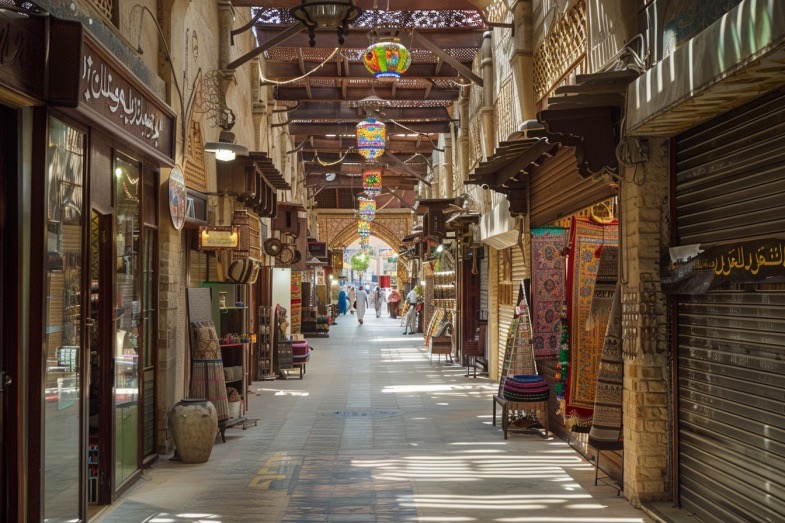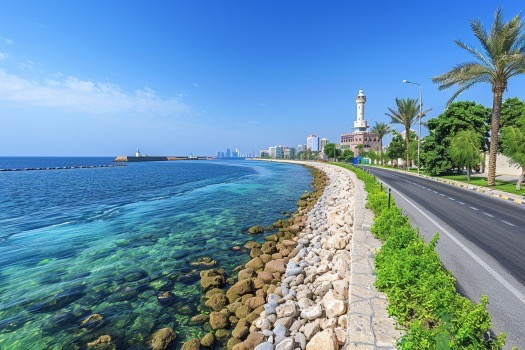EU Proposes Steep Tariff Increase on Russian Grain
BRUSSELS — In a bold move, the European Commission has put forward a plan to significantly raise tariffs on Russian grain entering the common market of the European Union.
The proposal targets cereals, oilseeds, and related products, such as vegetable oil, originating from Russia and destined for sale in any of the 27 member states. The same restrictions would apply to goods coming from Belarus, a key ally of Vladimir Putin known for supporting his disruptive actions.
Under the new regulations, Russian maize and wheat would face a hefty €95-per-tonne tariff, a sharp increase from the current zero duties. Other products would be subjected to a 50% “ad valorem duty” to match the expected rise.
The aim of these high tariffs is to dissuade purchases of Russian grain, which totaled 4.2 million tonnes valued at €1.3 billion last year. Belarus, on the other hand, sold 610,000 tonnes worth €246 million.
While these amounts represent a small portion of EU imports, the Commission fears that Russia, a major global agricultural producer, could flood the European market with cheap cereals if allowed to do so by Putin.
Although the proposal is seen as a preventive measure, it serves a similar purpose to sanctions by cutting off a potential revenue stream for Moscow and preventing stolen Ukrainian grain from reaching European customers.
Despite the steep tariffs, European companies would still have the option to trade Russian and Belarussian grain, albeit in an economically unsustainable manner. Transit of cereals through the EU to other regions like North Africa would be exempt from the new rules.
The proposal, unveiled on Friday, must be approved by member states through a qualified majority vote. Plans were set in motion after a meeting of EU leaders in Brussels the day before.
“There are several compelling reasons for this proposal,” stated Commission President Ursula von der Leyen. “It will safeguard the EU market from Russian grain disruptions, prevent Moscow from profiting from exports, and ensure Ukrainian grain stolen by Russia doesn’t enter the EU.”
During the summit, leaders from Latvia, Lithuania, and Ukraine called for an outright ban on Russian grain, citing unfair trade practices. The issue of agriculture has become a contentious topic with political ramifications since the onset of the conflict.
Efforts to resolve the agricultural dispute have faced hurdles, with neighboring member states expressing concerns over the influx of duty-free Ukrainian grain impacting local markets. While a deal was recently reached to extend free-trade provisions, member states have requested more time to review the agreement, casting uncertainty over the process. — Euronews



